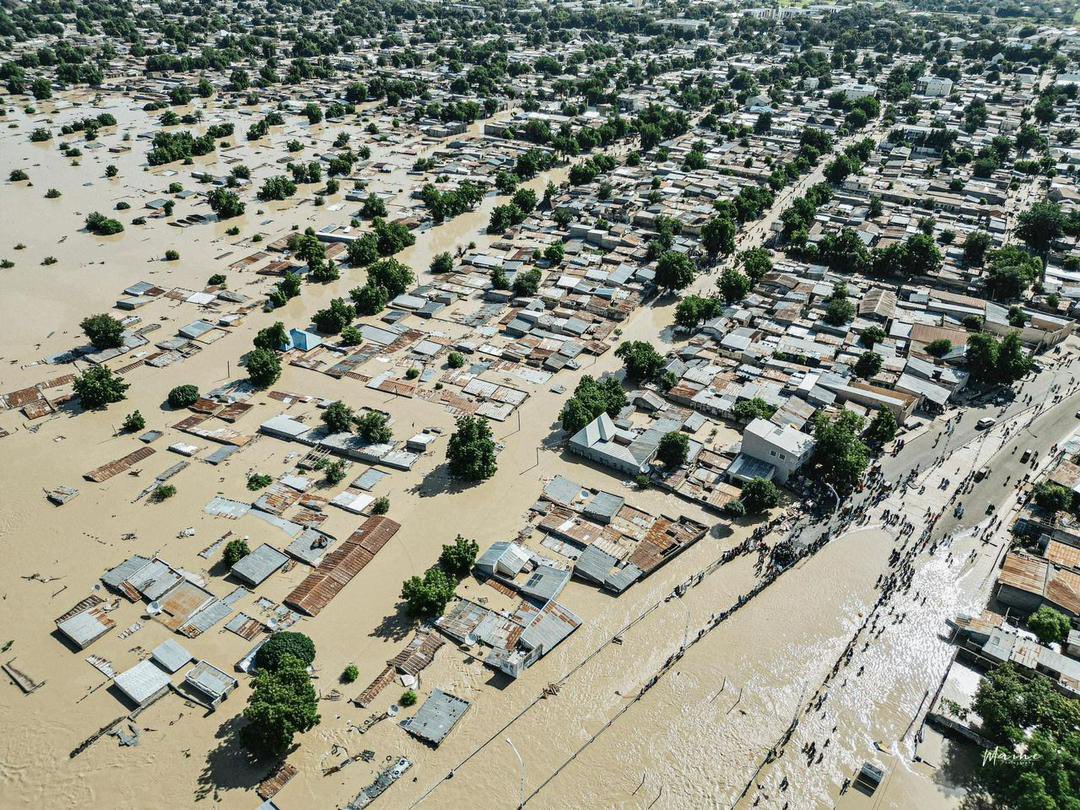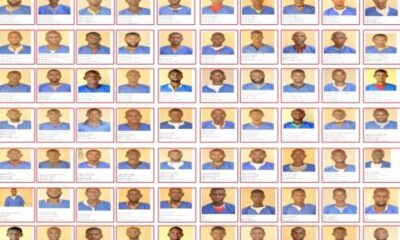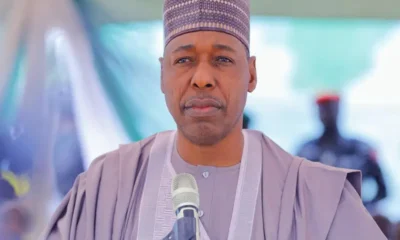Inside Nigeria
UN donates $6M to support flood victims in Borno

The United Nations Humanitarian Coordinator in Nigeria, Mohammed Fall, has announced the release of $6 million from the Nigeria Humanitarian Fund to aid flood victims in Borno State.
This funding follows the collapse of the Alau Dam on September 10, which displaced hundreds of thousands of people from their homes in and around Maiduguri, the state capital.
During a briefing in New York, UN spokesperson Stephane Dujarric shared that a joint mission, comprising UN agencies, NGOs, and the Nigeria Red Cross Society, visited Maiduguri to assess the situation.
Many of those impacted by the floods had already faced displacement due to conflict and insecurity in the region.
“We and our partners are providing them with hot meals, we are facilitating air drops of food in hard-to-reach areas cut off by flood waters, and we are also trucking in water.
“We are also providing water and sanitation hygiene services and water purification tablets to stem disease outbreaks.
“This is in addition to supplying hygiene and dignity kits to women and girls, as well as emergency health and shelter services,” she said.
Dujarric said the staff of the UN Office of the Coordination of Humanitarian Affairs were also working closely with donors to secure additional funding.
Emmanuel Bigenimana, the head of the World Food Programme, WFP, office in Maiduguri, had earlier said he managed to fly over the city in a UN Humanitarian Air Service helicopter dispatched by WFP, to conduct a rapid assessment of damage and needs.
While noting that homes, infrastructure, roads, schools and hospitals were submerged by water, he said: “What I have seen is really heartbreaking. Many, many people, I’m talking of over 200,000 – 300,000 displaced people, are overcrowded in several IDP (Internally Displaced Persons) camps and also on the streets.”
WFP reported that the dam collapse saw river water overrunning 50 per cent of Maiduguri and state authorities issued evacuation orders to residents in the affected areas, appealing for humanitarian support.
Speaking from the centre of one of the IDP camps, Bigenimana said the WFP had managed to open soup kitchens to provide hot meals to the affected people and was scaling up its response alongside the authorities and partners.
”The soup kitchens located in three camps, including Teachers’ Village, Asheikh and Yerwa, aim to provide nutritious hot meals to 50,000 of the worst affected children, women, and men who have lost their homes.”
“This is really an additional burden to already existing crises. This region has been facing conflict for a decade,” Bigenimana stressed.
Borno State was one of the areas worst affected by the Boko Haram insurgency, which the UN said earlier this year, had been controlled to some extent.
Bigenimana added: “More recently, we have seen food inflation, food prices have been skyrocketing, really affecting millions of people who are facing food insecurity.
“We need more resources to save lives and to put together efforts to respond to the crises, as well as think of long-term recovery and solutions.”



































